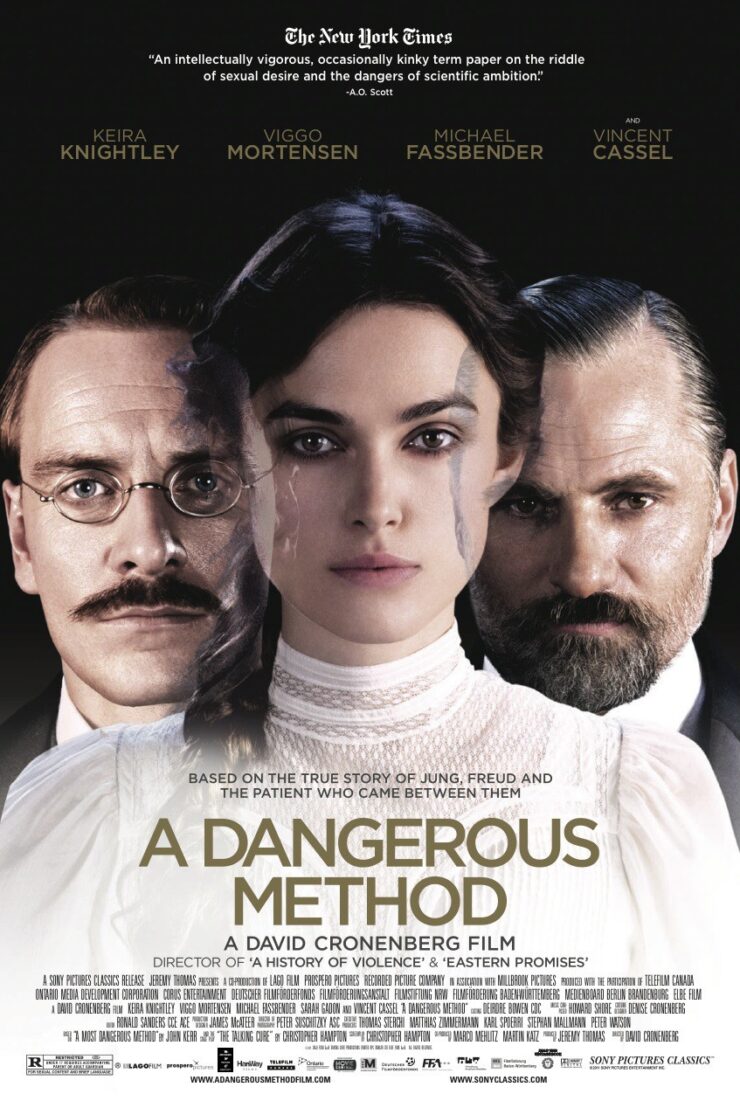3/5
IMAGINE WATCHING GLEE as a feature film, but set in a small, southern town in the United States. This is exactly how Todd Graff’s latest movie, Joyful Noise, comes across. While there are some glaring differences between the two—most notably the absence of a character similar to the witty Sue Sylvester and any problematic teen pregnancies—the musical production centres around a gang of gospel singers aspiring win the national Joyful Noise competition.
Starring big names such as Queen Latifah (Vi Rose Hill) and Dolly Parton (G.G. Sparrow) as rivals, the chemistry between the two is a high note in the movie.
In fact, Joyful Noise is a rare film that’ll inspire you to buy the soundtrack after seeing the show. Whether it’s a gospel song, pop song, or show tune classic, the film will have you alternating between tapping your feet and rolling your eyes from the awful dialogue.
The paper-thin plot wouldn’t have been such a problem if it weren’t for the fact that it’s been done before. Seriously, how many down-and-out-singers-aspiring-to-make-it-type movies do we have to see before Hollywood deems it necessary to never crank out another one? Even the subplots seemed rushed and awkward. The love story between Keke Palmer (Olivia Hill), Vi Rose’s daughter, and Jeremey Jordan (Randy Garrity), G.G.’s grandson, was fluffy, but not the right kind of fluff.
Despite all of the flaws in the film, there’s just something about a campy, feel-good movie that warms your heart. I wouldn’t rush out to see this movie, and if you get the chance to see it, don’t expect any Oscar-worthy performances. This is just one of the times when it’s so bad it’s good.
Whether it’s Parton’s southern “wisdom” or Latifah’s spitfire attitude, you’ll find yourself rooting for the small-town choir. Music geeks will be delighted to learn the musical numbers alone are worth seeing the film for. So go ahead, cheer for the underdog, and watch the movie— it’ll definitely put you in a joyful mood after seeing it.
—Sofia Hashi
 Extremely Loud and Incredibly Close
Extremely Loud and Incredibly Close
2.5/5
THOMAS HORN STARS as Oskar Schell, a compelling young boy with an ambiguous diagnosis of Asperger’s syndrome. He suffers the trauma of hearing his father’s last moments in the World Trade Centre during the 9-11 terrorist attacks through messages left on the answering machine. The film tracks his search in New York for the lock that matches a key he found in his father’s closet.
The movie assigns shamefully short scenes to Sandra Bullock and Max von Sydow. Bullock’s portrayal of a woman who is both trying to grieve and care for a child who resents her for surviving is perhaps the most emotional part of the movie. Von Sydow plays a mysterious renter who is so traumatized from the Second World War he can no longer speak. It’s his reaction to Oskar’s relentless need to bluntly confront what he calls “The Worst Day” that underscores the tragedy of the film.
The significance of Schell’s search is lost in a mixture of flashbacks and contrived shots of a severely altered New York. Brief montages of Schell’s interactions allude to the connections he is forming between other people, but they are never expanded enough to feel genuinely relevant.
If the characters were given more development and the director relied less on shots of a now drastically different New York skyline, this movie would have perhaps had the emotional resonance it was aiming for. Instead, director Stephen Daldry has created a film that neglects nuance, and subsequently, its own potential.
—Eleni Armenakis
4.5/5
THROUGH HER REMARKABLY accurate portrayal of former British Prime Minister Margaret Thatcher, Meryl Streep adds yet another prominent role to her long list of achievements that has placed her amongst the film greats.
The Iron Lady, a film that follows Lady Thatcher’s climb to the top of British government, highlights a new aspect to a legendary story. Throughout the film there is a focus on Lady Thatcher’s long-lasting grief of her husband’s passing, which brings light to the impact Dennis Thatcher had on his wife during her political career.
Thatcher, known for her stubbornness and determination as well as her motherly nature, is depicted perfectly in every aspect by Streep. Having already won six awards for this role—including a Golden Globe—it’s no wonder Streep received her 17th Oscar nomination for the film.
For movie enthusiasts who are looking to watch a film that goes deeper than a surface plotline, this outstanding biography would be a wise choice.
—Emily Jackson
4/5
CANADIAN DIRECTOR DAVID Cronenberg never fails to disappoint, and with his latest release, A Dangerous Method, the Toronto native adds another notch to his belt. Written originally by novelist John Kerr in 1990 and then transformed into the play The Talking Cure, the adapted film falls somewhere between A History of Violence and the 1996 version of Crash in terms of how well it’s done.
Michael Fassbender stars as the prodigious Carl Jung opposite Viggo Mortenson incubating the famed Sigmund Freud. Thrown in the mix is Keira Knightley’s Sabina Speilrein, one of Carl Jung’s first female patients, who exacerbates the two men’s relationship and helps create an intellectual brawl between the two. Both Jung and Freud come to a head in the historical drama set just before the First World War.
The intense relationship between the characters can be difficult to absorb at first, but anyone with a slight interest in psychology, philosophy, or even relationships will enjoy this film.
A Dangerous Method fiercely evokes basic human and romantic desires, while elegantly blanketing it all under the European upper class. Ultimately, however, it reminds us that we have these men to thank for the birth of psychoanalysis, analytical psychology, and billions of dollars worth of prescriptions and medical breakthroughs.
—Nadia Helal








